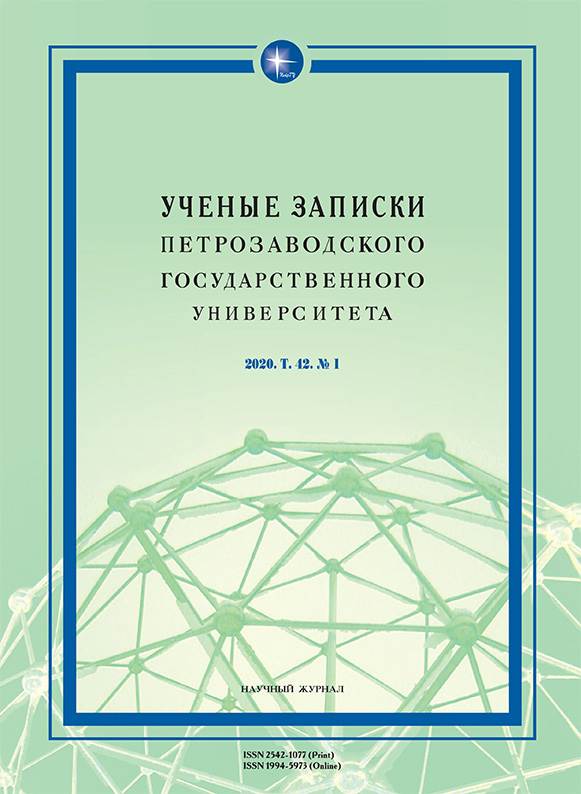Когда абсурдизм становится реализмом: об абсурдном в поэтических книгах Г. С. Гора и К. Яннулопулоса
WHEN ABSURDISM BECOMES REALISM: THE ABSURD IN POETRY BOOKS
OF GENNADY GOR AND KOSTAS GIANNOULOPOULOS
Author(s): Pavel Stanislavovich ZarutskySubject(s): Language and Literature Studies, Comparative Study of Literature, Greek Literature, Russian Literature
Published by: Петрозаводский государственный университет
Keywords: Greek literature; avant-garde; Russian literature; absurd; laughter in literature; OBERIU;
Summary/Abstract: This article discusses “sieged Leningrad” poems by Gennady Gor and the book of Kostas Giannoulopoulos Δεκαδική προσήλωση των μανδαρίνων (The Decimal Commitment of Tangerines). Its aim is to make a comparative analysis of two collections, which are unprecedented against the background of the rest of the two poets’ works and contemporary literary processes. The basis for the comparison is their inherent poetics of the absurd, as well as the context in which the works were created, the tragic and inhuman atmosphere of besieged Leningrad and Greek military junta of 1967–1974. In recent decades, the Gor’s siege cycle has attracted the attention of an increasing number of researchers, while the poetic legacy of Giannulopoulos today remains virtually unexplored. The juxtaposition of these experimental poetry collections is a unique attempt to analyze the creative strategies of the two authors during the critical periods of the political and artistic life of Russia and Greece. The relevance of the study is determined by the importance of two books in the context of national literary avant-gardes. Gor’s siege poems are an important link between the “historical” avant-garde and the Soviet post-war “uncensored poetry”, while The Decimal Commitment of Tangerines is one of the first published books of the third wave of Greek avant-garde. The author of the article compares the poems of two books and highlights common elements and differences between them: the sense of time, death as the boundary of reality and the laughter accompanying it, which symbolizes a distorted, “wrong” reality, etc. The article also analyzes the way ideology is represented in the works of Gor and Giannoulopoulos. All in all, we can notice that grave and brutal events can be responded to similarly by absolutely different authors, who wrote in different times and circumstances and never new each other.
Journal: Ученые записки Петрозаводского государственного университета
- Issue Year: 42/2020
- Issue No: 1
- Page Range: 32-36
- Page Count: 5
- Language: Russian

